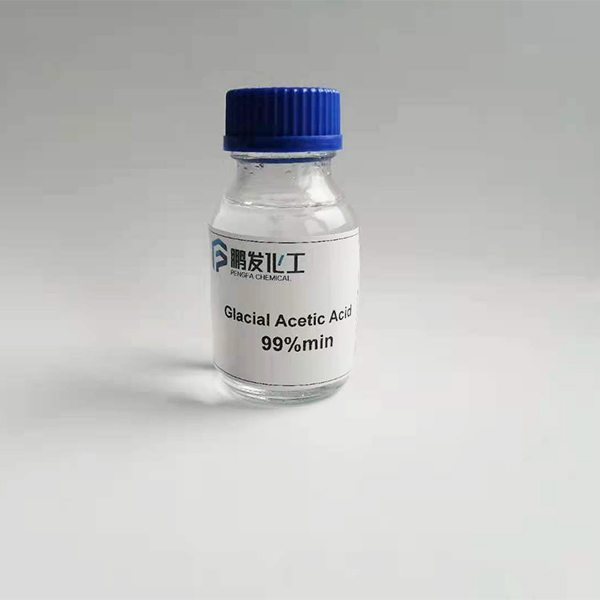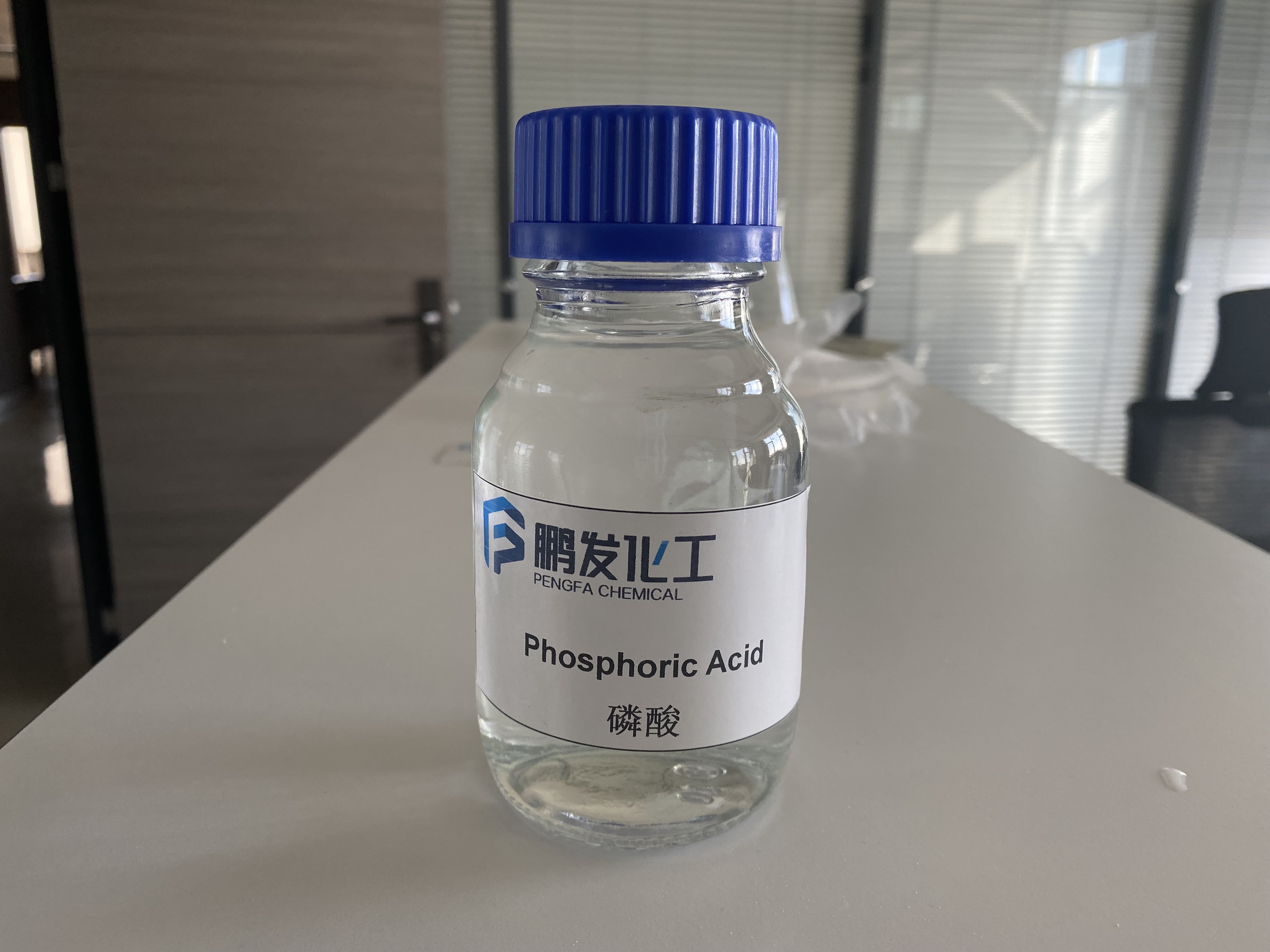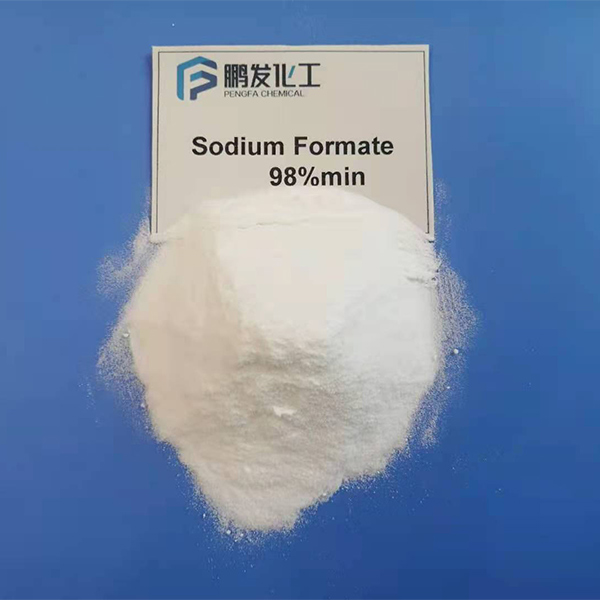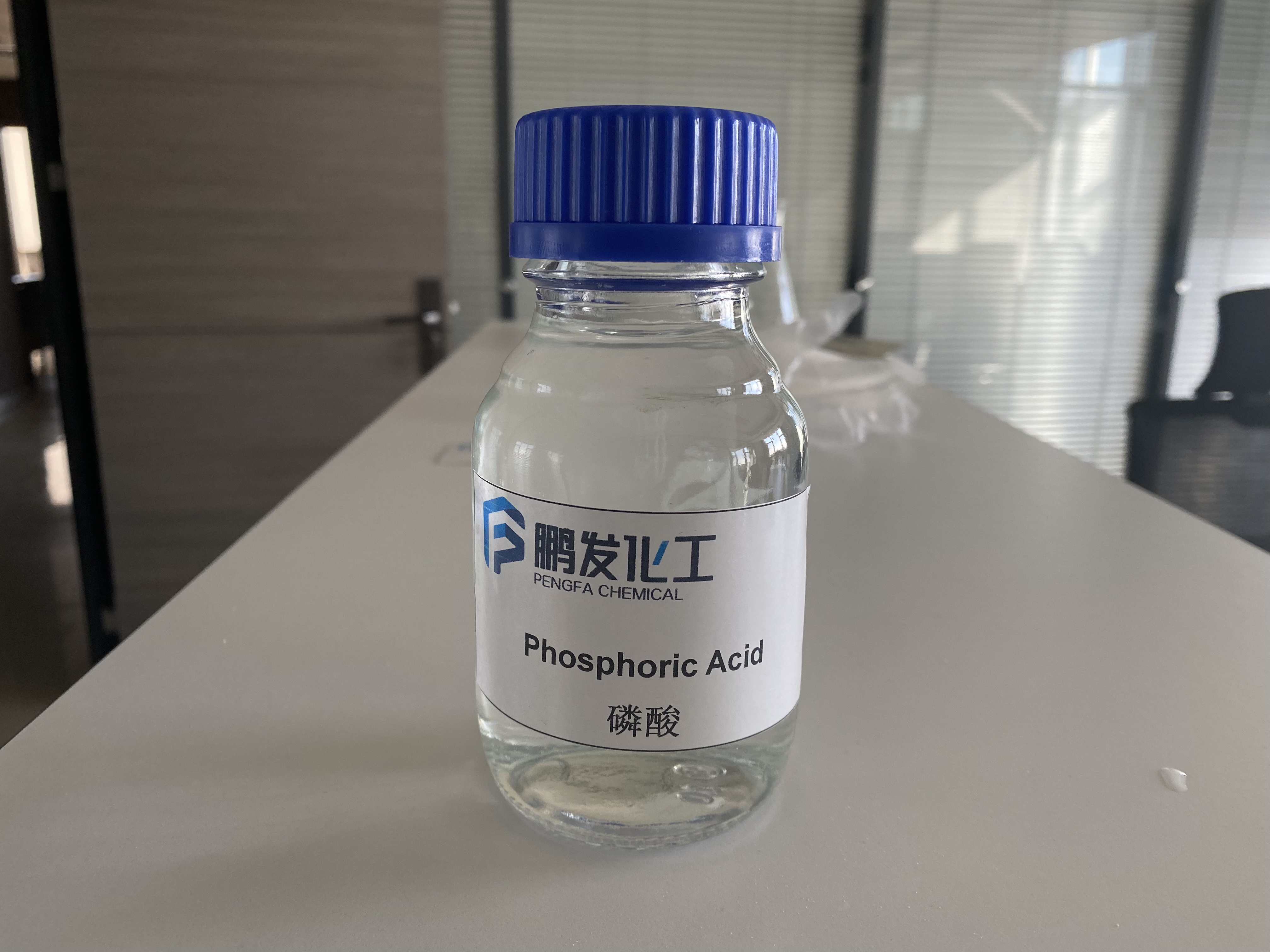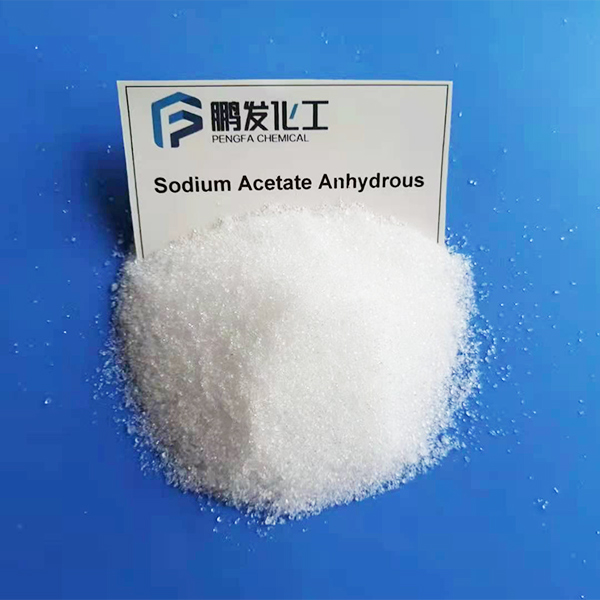What is glacial acetic acid
What is glacial acetic acid,
Glacial Acetic Acid, glacial acetic acid content, Glacial acetic acid manufacturers, glacial acetic acid models, Glacial Acetic Acid Suppliers,
Quality specification(GB/T 1628-2008)
|
Analysis items |
Specification |
||
|
Super Grade |
First Grade |
Normal Grade |
|
| Appearance |
Clear and free of suspended matter |
||
| Colour(Pt-Co) |
≤10 |
≤20 |
≤30 |
| Assay % |
≥99.8 |
≥99.5 |
≥98.5 |
| Moisture % |
≤0.15 |
≤0.20 |
—- |
| Formic Acid % |
≤0.05 |
≤0.10 |
≤0.30 |
| acetaldehyde % |
≤0.03 |
≤0.05 |
≤0.10 |
| Evaporation Residue % |
≤0.01 |
≤0.02 |
≤0.03 |
| Iron(Fe) % |
≤0.00004 |
≤0.0002 |
≤0.0004 |
| Permanganate Time min |
≥30 |
≥5 |
—- |
Physicochemical properties:
1. Colorless liquid and irritating dour.
2. Melting point 16.6 ℃; boiling point 117.9℃; Flash point : 39 ℃.
3. Solubility water, ethanol, benzene and ethyl ether immiscible, insoluble in carbon disulphide.
Storage:
1. Stored in a cool, ventilated warehouse.
2. Keep away from the fire, heat. The cold season should maintain a temperature higher than 16 DEG C, to prevent solidification. During cold season, temperature should be maintained above 16 DEG C to prevent/avoid solidification.
3. Keep the container sealed. Should be separated from the oxidant and alkali. Mixing should be avoided by all means.
4. Use explosion-proof lighting, ventilation facilities.
5. Mechanical equipment and tools that prohibit the use of easy to produce sparks.
6. Storage areas should be equipped with emergency treatment equipment and suitable housing materials.
Use:
1.Derivative:Mainly used in synthetising acetic anhydride,acetic ether,PTA, VAC/PVA,CA,ethenone,chloroacetic acid,etc
2.Pharmaceutical:Acetic acid as solvent and pharmaceuticalraw materials, mainly used for production of penicilin G potas-sium, penicilin G sodium, penicillin procaine, acetanilide,sulfadiazine, and sulfamethoxazole isoxazole, norfloxacin,ciprofloxacin, acetyl salicylic acid, non phenacetin, prednisone,caffeine, etc.
3.Intermediate:acetate ,sodium hydrogen di,peracetic acid,etc
4.Dyestuff and textile printing and dyeing:Mainly used inproducing disperse dyes and vat dyes,and textile printing anddyeing processing
5. Synthesis ammonia: In the form of cuprammonia acetate,used in refining syngas to remove a litl CO and CO2
6. Photograph: Developer
7. Natural rubber: Coagulant
8. Construction industry: Preventing concrete from frezing9. In addtin also widely used in the water treatment, syntheticfiber, pesticides, plastics, leather, paint, metal processing andrubber industry


 Glacial acetic acid is commonly known as acetic acid. Glacial acetic acid solution can be used clinically to treat a variety of skin fungal infections, even nail fungal infections. When glacial acetic acid is used to treat fungal infections, a 30% solution of glacial acetic acid is commonly used. It is used to treat gray nails, which can be used after cleaning the sick nails and thinning the nails. The skin adjacent to the nail can be protected with a layer of petroleum jelly. When treating corns and warts on the skin, you should clean the diseased area before applying the medicine, soak in hot water, and then apply the medicine. It should be noted that because glacial acetic acid has a certain corrosive effect, it is best not to use fungal infections on the face. When using, be sure to pay attention to, in addition to the lesion, other parts of the skin is best to apply Vaseline to protect.
Glacial acetic acid is commonly known as acetic acid. Glacial acetic acid solution can be used clinically to treat a variety of skin fungal infections, even nail fungal infections. When glacial acetic acid is used to treat fungal infections, a 30% solution of glacial acetic acid is commonly used. It is used to treat gray nails, which can be used after cleaning the sick nails and thinning the nails. The skin adjacent to the nail can be protected with a layer of petroleum jelly. When treating corns and warts on the skin, you should clean the diseased area before applying the medicine, soak in hot water, and then apply the medicine. It should be noted that because glacial acetic acid has a certain corrosive effect, it is best not to use fungal infections on the face. When using, be sure to pay attention to, in addition to the lesion, other parts of the skin is best to apply Vaseline to protect.

